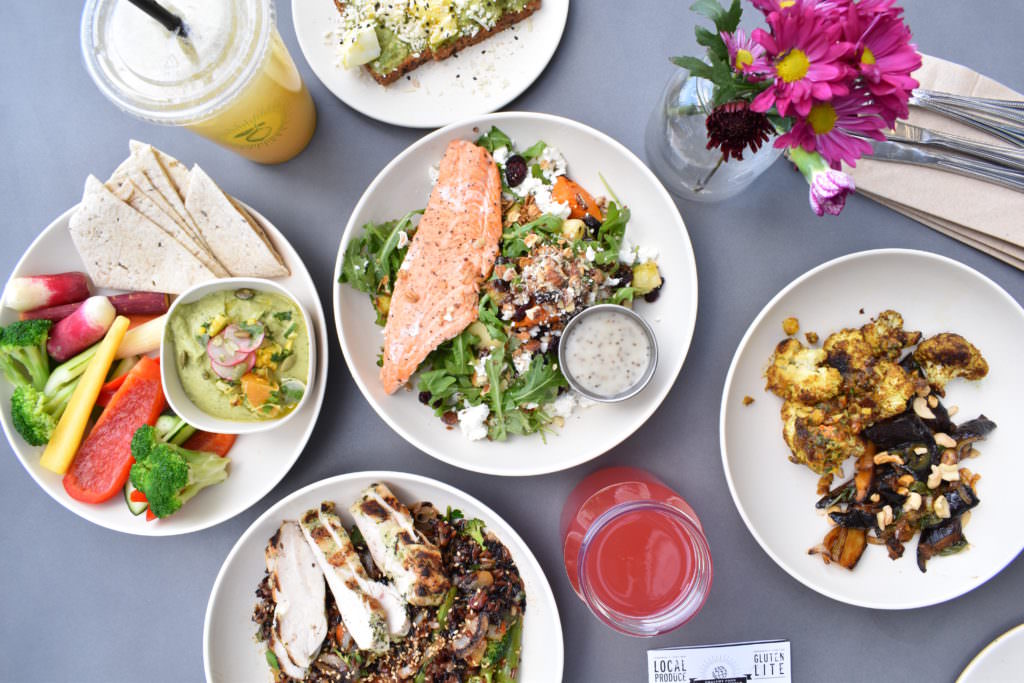
Protein is not only important but crucial for our health and indeed, the clue is in the name…the word protein originates from the Greek word “protos”, which means “first”. Ensuring you eat enough protein should be first and foremost when making your meal choices.
There’s often so much attention on avoiding carbs and reducing fats, but that doesn’t always mean that protein becomes the main food group to focus on. Amongst bodybuilders, sports enthusiasts and personal trainers, high protein diets are the norm with many adding protein powder supplements to an already protein-rich diet. It is often hailed as the key to weight loss and diets like Atkins, Dukan and Paleo advocate eating proteins such as meat, fish, eggs, nuts and cheese in large amounts.
However, with recent trends where many are avoiding meat, this can often, inadvertently, lead to eating few protein foods. As a nutritionist, whilst supporting you to achieve your health goals, my focus is always on what the body needs to ensure your health. If you don’t eat enough protein, your health and body will suffer.
It is difficult to over estimate the importance of ensuring adequate protein in the diet.
However, there is a lot of confusion as to how much protein you actually need and indeed, what foods are protein foods?
Whilst we may be aware of the non-vegan protein choices like meat, fish, chicken and eggs; knowing which vegetarian or plant-based options are available can be confusing. As a result, you may not eat enough protein if you’re following a more plant-based way of eating.
Protein is an important component of every cell in the body and it is an important building block for hair, skin and nails as well as muscle and cartilage. It is, therefore, crucial for tissue and muscle repair and a resulting deficiency if you do not eat enough protein will compromise the efficiency of this process. You also need protein to produce enzymes, hormones and neurotransmitters.
In terms of symptoms, food cravings, muscle/joint pain, poor hair/skin/nail, slow healing, prone to sickness/being ill, brain fog are all signs of potential lack of protein in the body.
But first, let’s take a look at how you can calculate how much protein you need.
According to government guidelines, your protein consumption should be 0.8g per kilogram of body weight.
For an average sedentary woman, this is around 46g of protein per day (56g for men). It is worth noting that this is a minimum daily average and should be considered a starting point; your protein requirement will be based on your personal health goals and lifestyle. Factors such as activity levels, age, muscle mass and current health status must all be considered.
How does this differ if you are sedentary or exercise a lot?
Protein consumption according to government guidelines
· 0.8g/kg of body weight
An average healthy adult with a sedentary lifestyle can aim a little higher to ensure adequate intake.
· 1.0g/kg of body weight
If you exercise regularly, your body will need more protein but it will depend upon the type of exercise.
You need protein to allow your body to repair and rebuild muscle so you will need to increase your protein intake a little.
· 1.1-1.6g/kg of body weight
However, if you’re very active and focusing on resistance training for around an hour a day, you will need to increase your protein.
· 1.2-2.0g/kg of body weight
Studies show that protein can help to increase your metabolic rate and therefore can help with weight loss.
If you’re aiming for weight loss and training/exercising around 3 times per week, increase your protein intake
· 1.2-1.5g/kg of body weight
Endurance athletes will need to ensure a higher intake of protein
· 1.3-1.6g/kg of body weight
With this in mind, if you don’t eat enough protein, your body will suffer and if you become aware of any compromise in certain signs, this can be a reasonable indicator of whether you are eating enough protein. So, whether you’re a meat-eater, a vegan or a vegetarian, look out for these simple signs to know if you’re getting enough protein.
[goscirclecta gos_attr_small_title=”Want to make sure you’re eating well?” gos_attr_button_text=”Join The New Healthy” gos_attr_button_link=”https://maysimpkin.com/the-new-healthy/” gos_attr_button_link_open=”same”][/goscirclecta]
7 signs you’ll notice if you don’t eat enough protein
-
Food Cravings
Protein, as a complex nutrient, slows down the release of sugars from a meal, into the bloodstream and therefore helps to ensure blood sugars are balanced. A low protein, high carb diet will release sugars quickly into the bloodstream. Once insulin is released to remove these sugars, cravings will kick in as blood sugars quickly drop.
-
Muscle/joint pain
If you don’t eat enough protein, in time, your body will have no choice but to break down muscle to ensure its needs. This will result in weakened muscle tone, reduced muscle mass and weak joint support. Without enough protein, your body will also take longer to recover following injury.
-
Poor hair/skin/nail health
As these are all made up of protein, a lack of protein will manifest itself here in the first instance. Lacklustre or thinning hair, weak or brittle nails, nail ridges and dry, flaky skin are all initial indicators of lack of protein, as the body is unable to regenerate the cells efficiently to replace dead cells.
-
Poor immune health
Getting sick often is an indicator of poor immune health and can be as a result of lack of proteins, as immune cells are all made up of protein. Without enough protein, they cannot repair and multiply quickly enough to combat bugs and germs. Ensuring you eat enough protein will guard against this.
-
Brain fog
Neurotransmitters such as Serotonin and Dopamine are all made up of proteins. A lack of protein can lead to low mood, poor concentration and reduced mental alertness. These symptoms can also be exacerbated with similar symptoms of poor blood sugar balance if you do not eat enough protein.
-
Poor sleep
Without enough protein, hormone production is compromised and these imbalances will ultimately affect sleep quality and disrupt your night’s sleep. Tryptophan, an essential amino acid helps to induce sleep; eating a little protein around bedtime can help to improve sleep quality.
-
Stress
The release of stress hormones can increase muscle and tissue breakdown and it is important to note that this can be either physical stress (from over-exercising) or emotional stress.
So, what protein should you be eating?
Eating first-class proteins will provide all the essential amino acids that your body needs to function properly. In nutrition terms, the word “essential” means it must come from the diet; in other words, your body cannot make these.
If you’re a meat-eater
Animal proteins are “complete” proteins as they contain all these essential amino acids, whereas plant proteins are not all complete an will need to be combined to ensure an intake of all the essential amino acids. Foods that provide all 8 essential amino acids include meat, fish, chicken, eggs and dairy as well as whole grains like quinoa and brown rice. Try these delicious HEALTHY MEATBALLS IN A RICH TOMATO SAUCE RECIPE
As a vegetarian
Eating eggs and dairy (and fish if you’re a pescatarian) will be a good source of first-class protein alongside wholegrains to ensure variety in food choices. It is worth noting that whilst grains do contain all of these essential amino acids, they are in varying amounts and therefore combining these foods in reasonable quantities will ensure adequate intake of each. Try this SMOKEY SHAKSHUKA RECIPE
As a vegan
It is essential to ensure protein from a variety of sources mixing, for example, soy foods and grains or beans/pulses at each meal, otherwise, it is more difficult to ensure adequate intake of the essential amino acids the body needs. Combine sources like whole grains, beans/pulses such as chickpeas and lentils with soybeans, nuts and seeds will provide varied amino acids for optimal health. Try these delicious BAKED VEGAN CHICKPEA FALAFEL BURGERS
An easy & safe way to transition to a plantbased way of eating”
“ACCIDENTALLY VEGAN ONLINE COURSE”
LEARN MORE
Whether you’re aiming for fully vegan or simply eating less meat and more plantbased, this course teaches you the nutritional implications and exactly what to eat in a day. PLUS, it includes a recipe book with over 45 recipes and meal inspiration so you can get going immediately…safely.
My simple approach is an uncomplicated and surprisingly easy way to effortlessly ensure optimal health whilst eating vegan or plant-based.
The course addresses all you need to know when it comes to protein:
Should you be eating protein at every meal?
Should you be eating protein if you want to lose weight?

If you eat enough protein at one meal, will it carry over for the day?
Why is it important to get different sources?
I was originally consulted for an article that first appeared in www.healthista.com and www.dailymail.co.uk
Want to get started with Intermittent Fasting?
Check out my comprehensive beginner’s guide to get you going.
CLICK HERE FOR MORE
Featured Photo: Credit My Fit Station


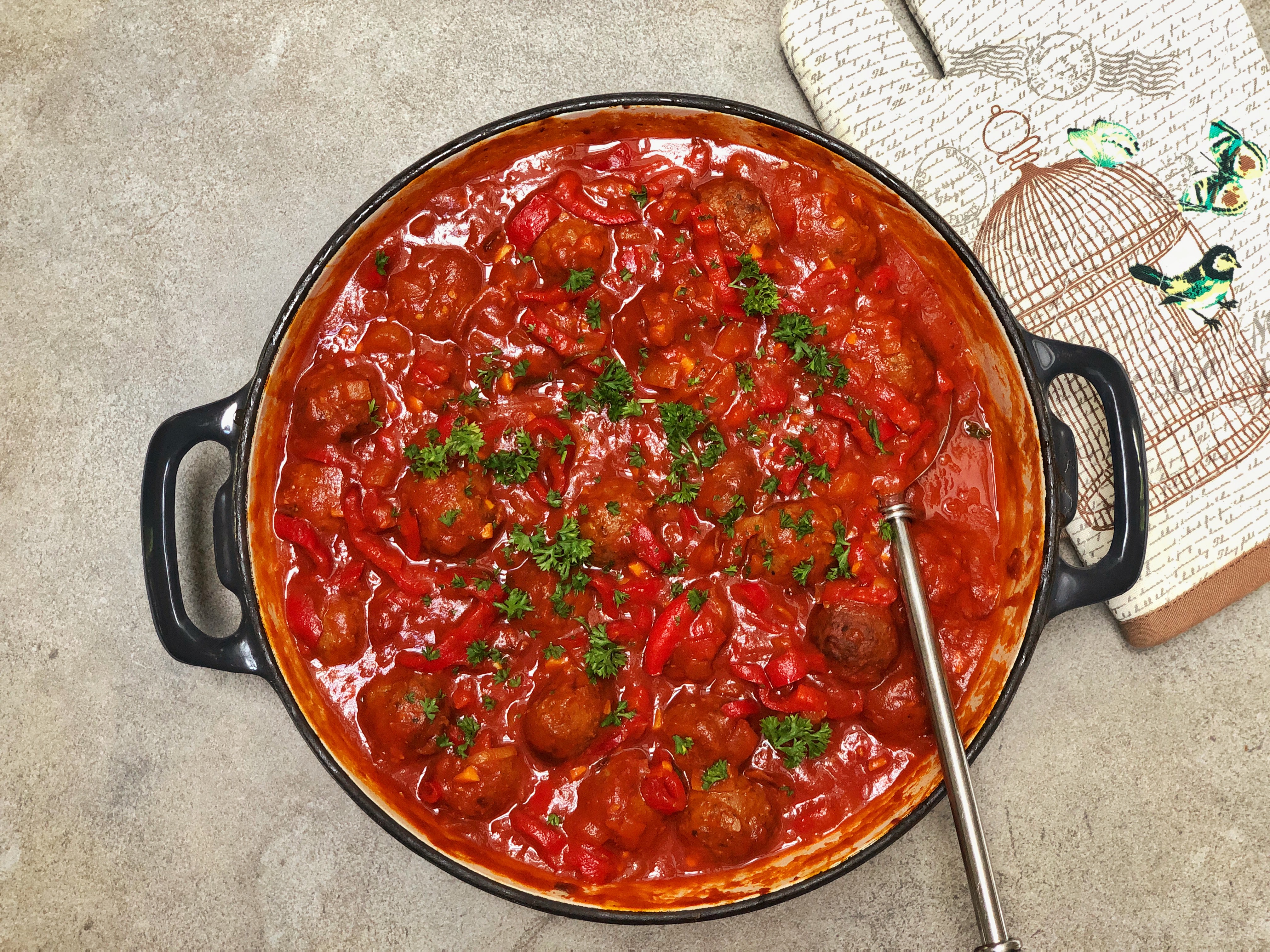

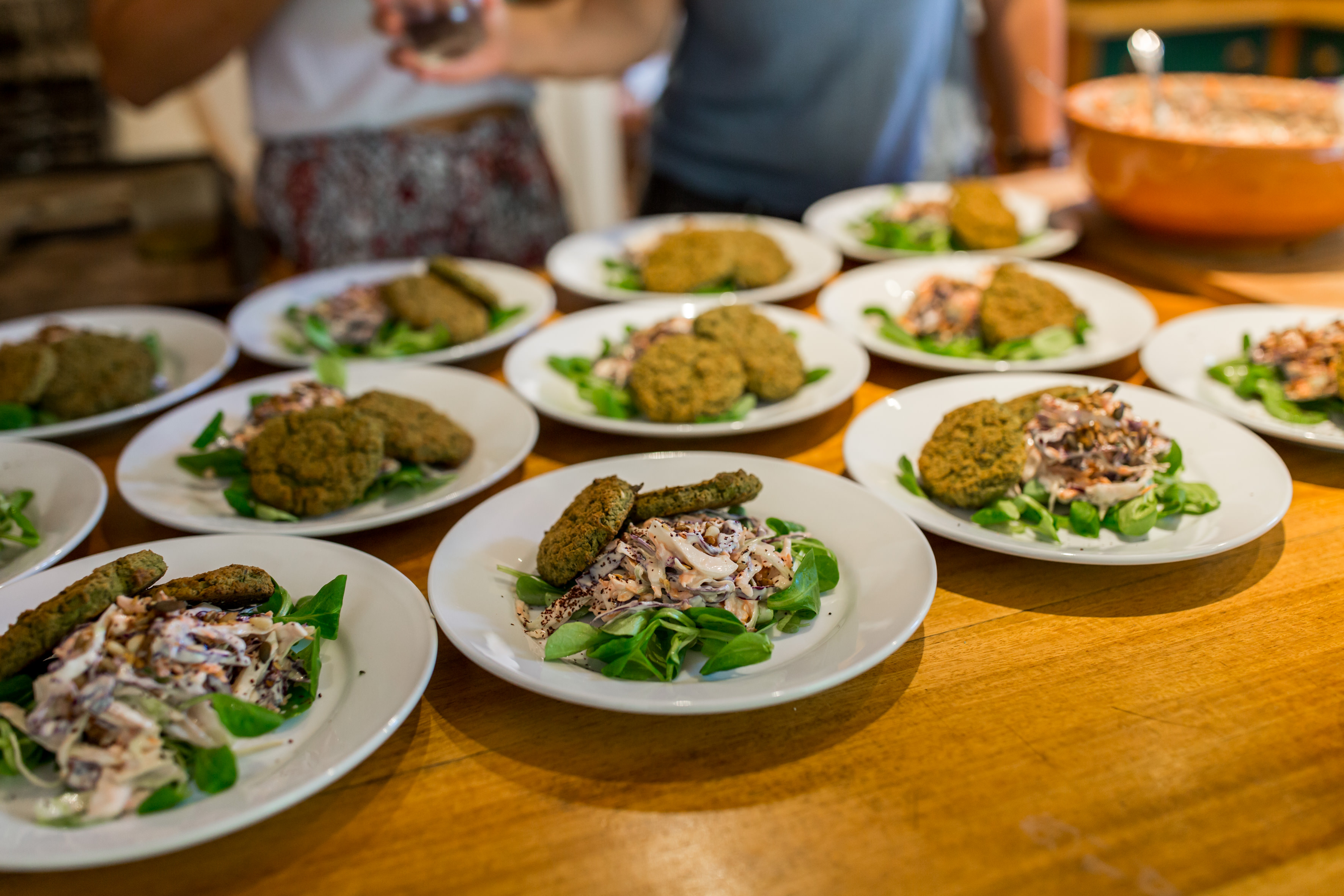
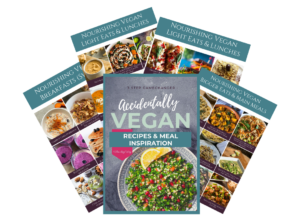
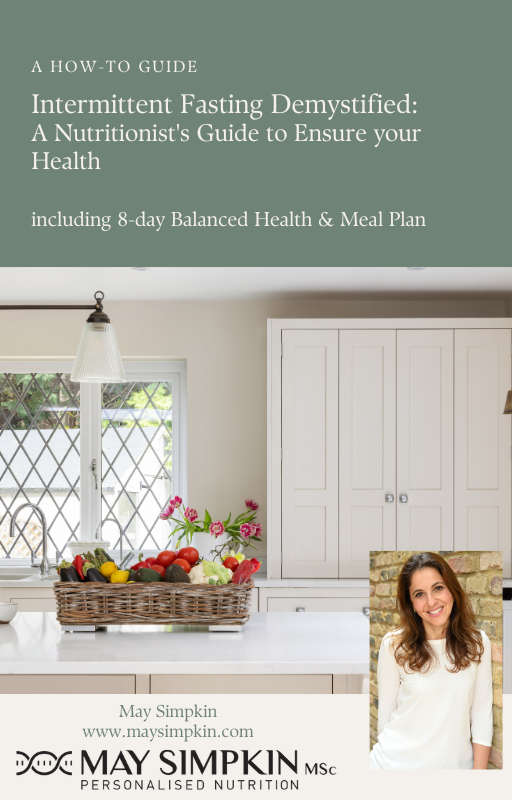
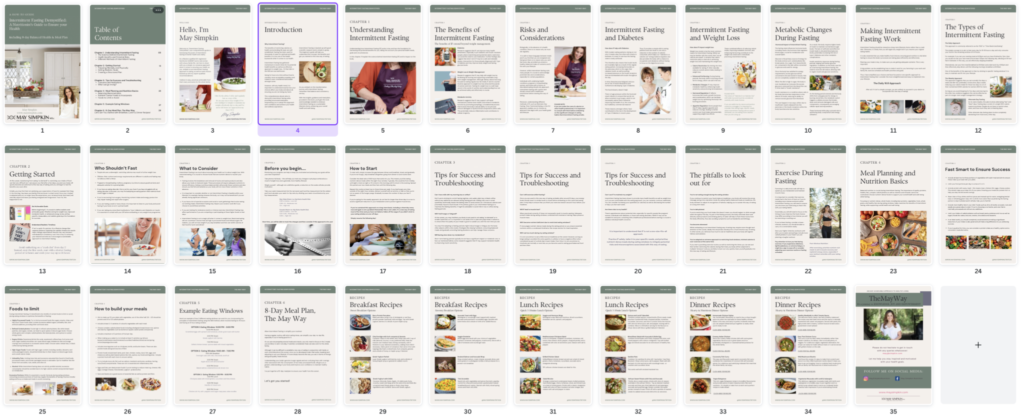




0 Comments